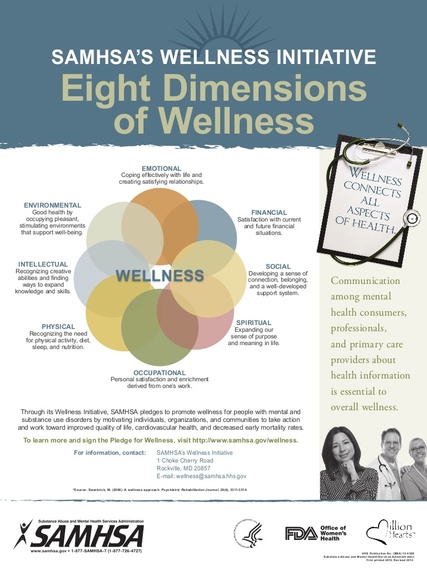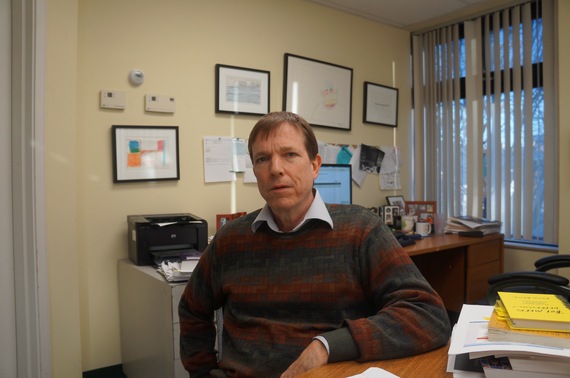Resources to Recover (RtoR), a gateway website equipping families with resources to tackle mental illness, has flourished since its launch in 2014.
An initiative of Laurel House, a 501(c)(3) social services organization based in Stamford, Connecticut, RtoR aims to steer users toward accessible and successful mental health care specialists. At the heart of RtoR, the Directory of Family-Endorsed Providers enumerates family nominated, professionally vetted mental health care providers.
"I look at it like family members are the real experts in their particular situation and family. They're also wonderful advocates for their loved ones with mental illness, and they have a lot of knowledge that we on the professional side can tap into," said Jay Boll, Vice President and Editor-in-Chief of RtoR.
Although Boll was already a mental illness specialist for over two decades at the time, his multi-yearlong struggle to find recovery options for a mentally afflicted loved one inspired him to launch RtoR. This paradox is "what makes the website unique: my dual experience as a mental health care provider and as a family member who's had someone I care about have a problem that I wasn't sure how to best help," said Boll.
A privately funded service, RtoR also features periodic blog posts on mental health and wellness, which Boll considers applicable to all. A case in point is his office's octagonal wellness poster, a resource provided by the Substance Abuse and Mental Health Services Administration (SAMHSA). Wellness, according to SAMHSA, is the sustained balance of eight dimensions: emotional, financial, social, spiritual, occupational, physical, intellectual, and environmental health.

Credit: http://store.samhsa.gov/
In a nutshell, Boll has dedicated his life to mental illness recovery. Prior to his involvement with RtoR, he was a five-year Peace Corps volunteer who lived alongside street children on the north coast of Honduras.
"I was with children subject to some pretty horrible trauma who struggled with all kinds of mental health issues. Working with them helped inform my concept of mental health recovery because I could see how resilient those kids were despite some awful experiences. It made me realize that the human spirit has a capacity to survive, and I've seen that in so many different ways since then," said Boll.
The age-old stigma of mental illness, however, stagnates recovery from mild and severe mental health disorders.
"I hardly know any families that aren't in some way impacted by a mental health problem, be it the major mental health illnesses or issues with addiction, anxiety, or eating disorders. Mental illness reaches everywhere in our society, and I wasn't aware of that until I became public about it. Having a blog and a website that really deals with these issues, I realized how many people I know are impacted by these things but don't really talk about them because of the stigma of mental illness," said Boll.

